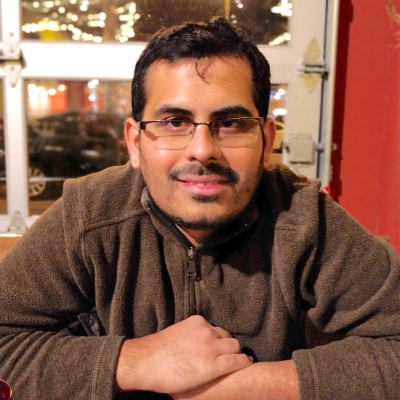Home / Get Involved / Trainees
Home / Get Involved / Trainees

About
This opportunity allows junior scholars to gain hands-on experience with practicing and/or studying the cutting-edge of research translation practices for policy audiences. Trainees join the team as interns, becoming involved in at least one project. After interning for at least 150 hours, trainees earn fellowship status in the program. This trainee program is entirely remote. However, place-based opportunities may be possible if projects align. Please read program details before applying.
Trainee Activities
Experiential learning (daily). The high pace of the policy environment typically offers a multitude of exciting projects running concurrently. Trainees are provided close support by mentors in addition to static training materials that support growth of policy skills. Trainees are expected to commit at least 10 hours per week, on average, over the course of at least one semester. Many trainees opt to continue their positions for multiple semesters as long as the position remains suitable to reciprocal interests and goals. Learning experiences typically include an increased understanding of the policy process, research translation skills, and professional networking.
Meetings include both those pertaining to projects and dedicated, individualized attention for mentorship. We aim to support trainees in obtaining experiences and a task fit that corresponds with professional development goals. Mentorship calls allow for greater understanding of growth goals and provide an opportunity to ask for advice on relevant professional development topics, such as navigating graduate school, seeking jobs in science policy, or networking at conferences.
Expectations of All Trainees
- Eagerness to learn about the use of research in policy
- Willingness to develop new technical skills, including the use of virtual platforms and software
- Strong attention to detail
- Effective time management
- Work well in groups and independently
- Ability to keep sensitive information confidential
Placement Types
TrestleLink facilitates placement of policy trainees among its partners. A specific placement opportunity and mentor will be made clear upon an invitation to interview for the program.
Policy Practice
Gain knowledge of how to assess policymakers’ interests, and respond with relevant research. Learn how to deliver policy implications without lobbying. Mobilize and coordinate researchers who share interests with policymakers. This placement type may be a particularly good experience for trainees seeking experiences beyond traditional academia.
Research
Analyze data regarding policymakers’ or researchers’ engagement in boundary-spanning initiatives. Employ policy analysis that leverages established measures of how policymakers use research evidence. Learning experiences often involve in-depth program evaluation training using real-world data and field experiments. This placement type may be a good fit particularly for those interested in gaining applied research or program evaluation experience that strengthens data-driven decision-making skills.
Example Activities
- Prepare background information for, attend, and take notes in meetings with policy staffers about their research needs
- Synthesize research contributions provided by the Rapid Response Network
- Produce policy products (e.g., briefs, fact sheets)
- Record and track process data (e.g., number of meetings conducted)
- Analyze data about policy engagement strategies
- Grant writing or manuscript preparation
- Tasks vary depending on TrestleLink partners’ projects.
Education Level
This program is suitable for trainees at varied levels of education: undergraduate, masters, and doctoral. Education level of applicants is used as an indicator of prior training level and anticipated skill, thus used to align with current project needs.
Specific Desired Skills
- Ability to work respectfully with individuals across the political spectrum
- Comfort with interpreting and synthesizing research from a variety of disciplines
- Desire to write for non-scientific audiences
- Experience with writing professional emails
- Interest in expanding knowledge in policy issues and building new technical skills
- Ability to document one’s procedures (e.g., code, results, protocols)
- Familiarity with behavioral science and methods
- Strong attention to detail required
Other Selection Preferences
A primary consideration is that the applicant has time to commit to an immersive policy training experience. This placement would not benefit trainees who are unable to commit enough time to gain new tangible skills or qualifications. Thus, we prioritize applicants who are in later stages of their education programs or are using the placement to fulfill a practicum or field work requirement. It is not typically a good fit for first year graduate students, for instance. This program is unfunded unless project specific funding is offered in paid listings. This also means that mentors are not paid for their service; however, the reciprocity of mutual contributions to funded projects fosters the program’s feasibility.
Application
Please click on the “Apply Now” button (below) to complete the application form. Applications are accepted year-round, though we often welcome new trainees at times consistent with the start of university semesters / summer. Please note that this placement:
- is voluntary
- can be adapted as needed to support fieldwork requirements, independent study units, or other student milestones







